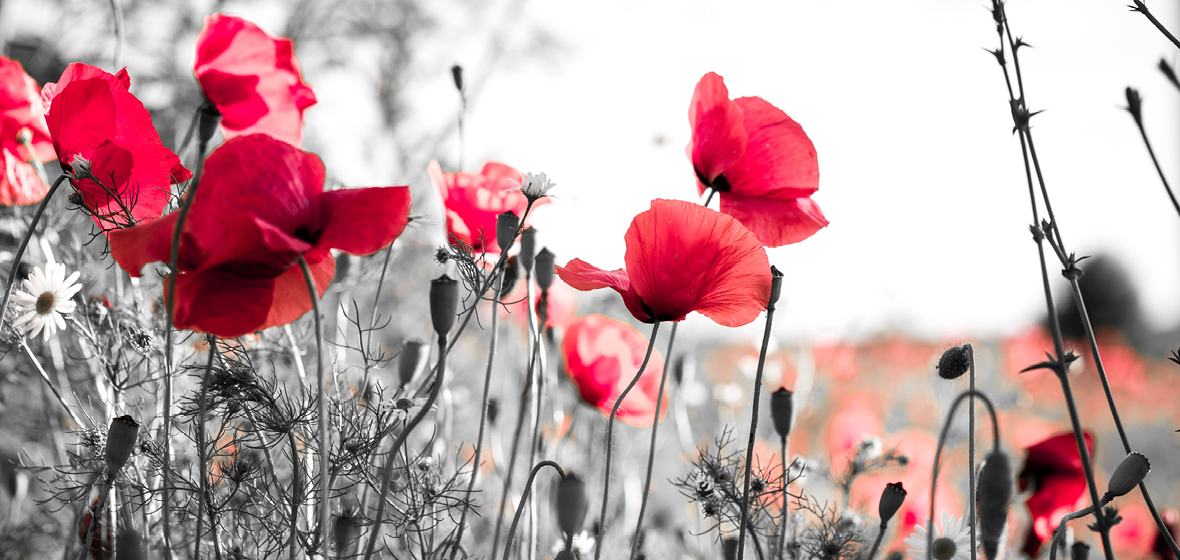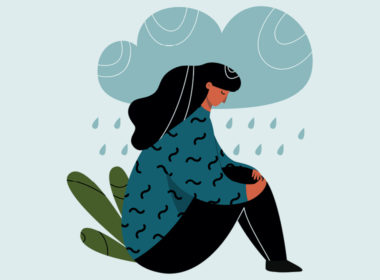Managing a pandemic can sometimes resemble a war effort, says LINDA GOUGH, who, in the wake of Remembrance Day, reflects on the lessons she’s learned as General Counsel in a COVID-19 world.
It’s been almost eight months since our first crisis meeting about COVID-19 at WPP AUNZ Limited. Now seems like the right time to record some personal and professional lessons.
That this period of reflection coincides with thoughts about Remembrance Day is no surprise to me. I’m a citizen of two lucky countries – Australia and Canada. At various points during the pandemic, I’ve considered what it must have been like for our grandparents and parents, who lived through world wars and other massive global conflicts. I’ve thought about the effort it takes to get a company through a pandemic and then considered how much it must have taken our leaders to get their entire nations through wars.
I do not for a moment equate COVID-19 with war – such metaphors can be dangerous: at best they erase nuance, at worst they create scapegoats. But there have been moments during the last eight months when my thoughts have turned to our forebears who managed war efforts. I’ve thought: “If this feels hard, what must it have been like for them? How on earth did they get through it?” While it’s not over and we’re still managing a pandemic, I am taking a moment to catch my breath, track back and consider what I’ve learned so far.
Business, government and our educational and health institutions are critical, interlocked sections of our societal scaffolding.
When they cooperate, when they listen to, debate and then reinforce each other with factual, evidence-based information, our community resilience progresses at pace. When the government said the pandemic had the power to cripple our public health system, businesses had to step up and respond. We shut down and did what we could to keep people safe. We knew that public transport and workplaces posed significant risks of community transmission. We also knew that state and federal governments were cooperating, politics was set aside, everyone was listening to medical advice, and businesses all faced the same rules. We could trust that we were all relying on the best information available at the time and we were in it together. If one part of our societal scaffolding is weakened, the whole structure is compromised. Luckily for all of us, the scaffolding has held together.




